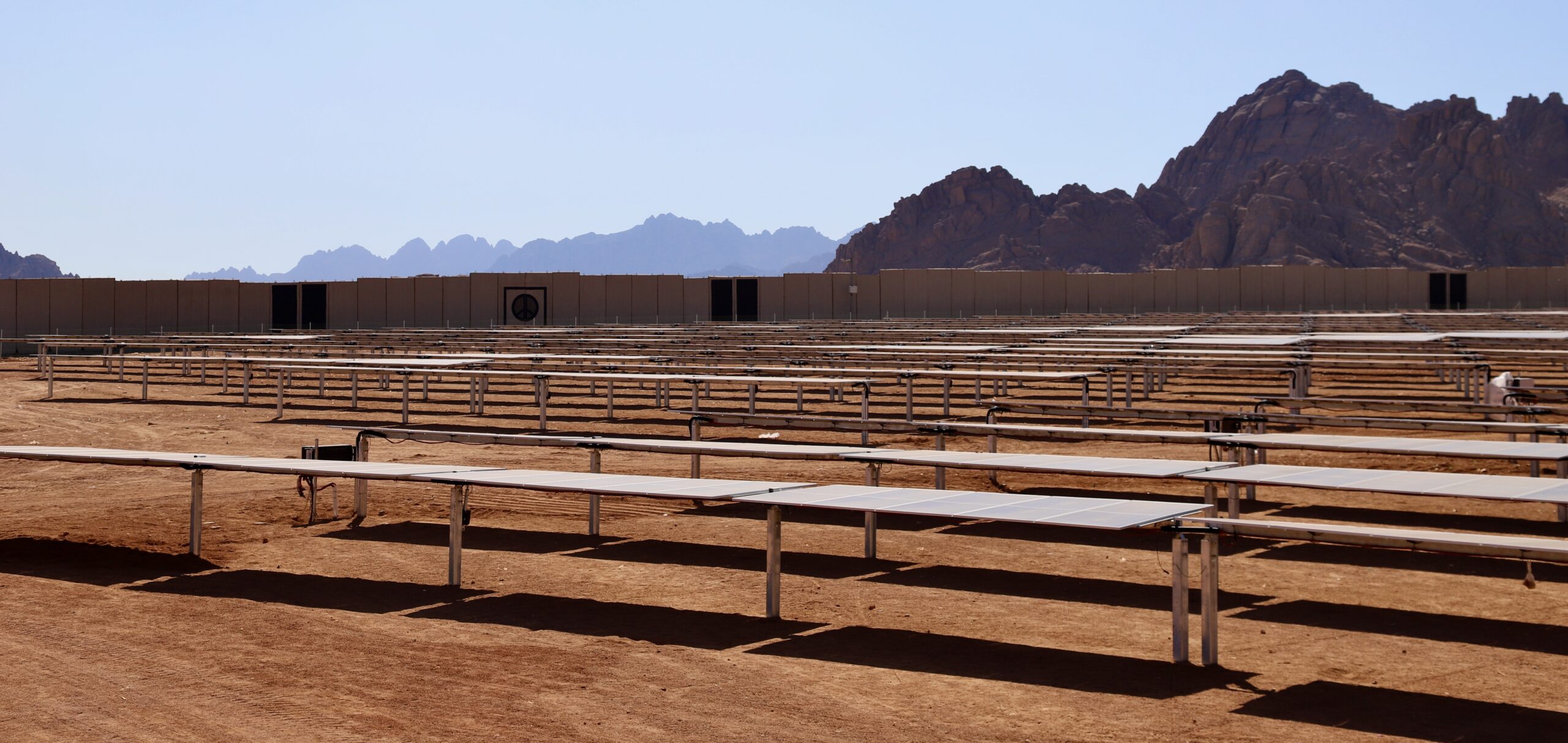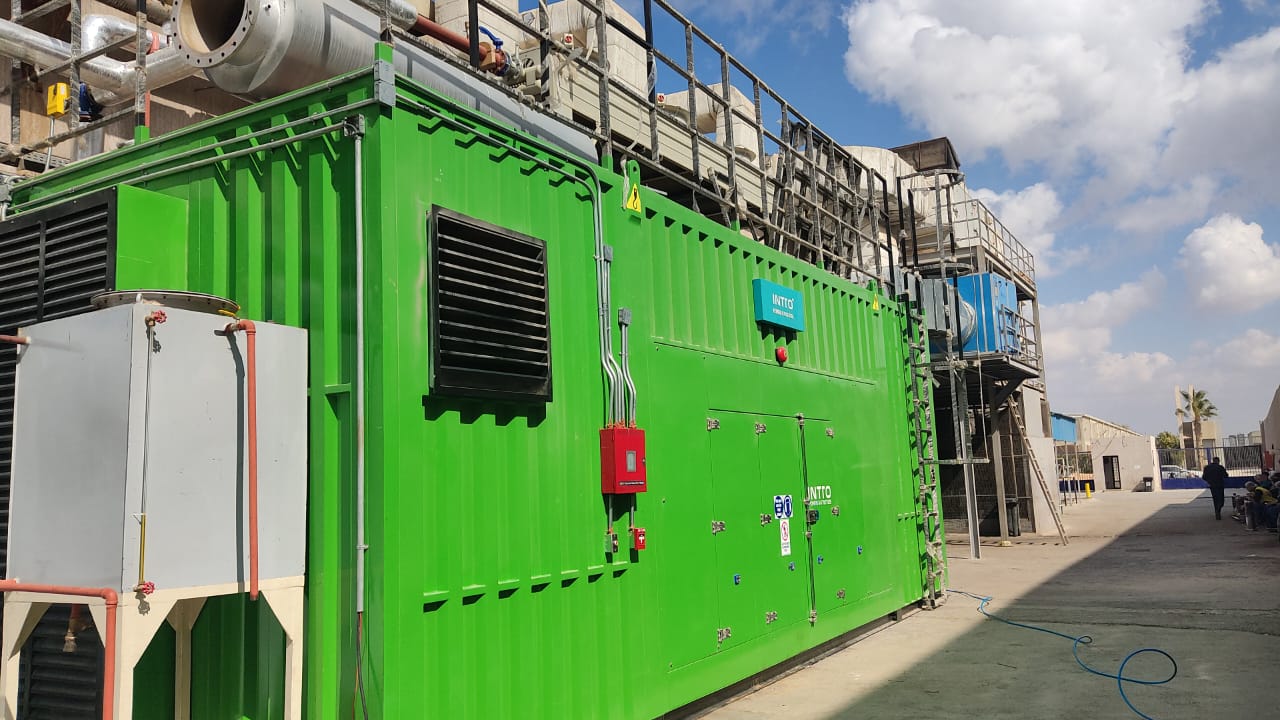

Power Distribution & Management
Our digital platform provides energy metering, billing & invoicing, tampering, theft ..
In parallel with Egypt’s NDC Mitigation, adaptation targets, and compliance with the Paris Agreement, we are aiming to decrease GHG emissions through Renewable energy generation, Cogeneration, Trigeneration, Waste to Energy, and Distributed Power Generation.
By creating a profitable solution for our partners to power their facilities, without depending on fossil fuel-based power generation, we can decrease the GHG emissions and the cost of fuel by 63%, as clean energy is more affordable than fossil fuel. Currently we produce power through two methods:
The usual destination for waste is a landfill, especially waste that can’t be recycled. However, at ISR, we’ve developed solutions to decrease the amount of waste that goes to landfills by using them to generate energy.
Through burning the waste and using the heat from the combustion, we can produce power that can run facilities. Thus, decreasing landfill and GHG emissions that would have been emitted if fossil fuels were used to power up these facilities.
We use our technologies to harvest sun rays and convert them into electrical energy through photovoltaic (PV) panels or mirrors that concentrate solar radiation. This energy can be stored or transmitted to remote power facilities, instead of using fossil fuels. It can also charge batteries that power machinery or facilities.
A wind turbine generates mechanical energy, which is then used by a power generator to create electricity and transfer or store this energy to power machinery or facilities.
Due to the unstable micro-economy and booming green economy, more and more entities are searching for profitable sustainable energy solutions. This drives us to develop more solutions to boost decarbonization and decrease GHG emissions while producing clean energy that can be used in a multitude of ways.


Our digital platform provides energy metering, billing & invoicing, tampering, theft ..

Using more energy is associated with burning more fuel, spending more money, and increasing carbon emissions.

